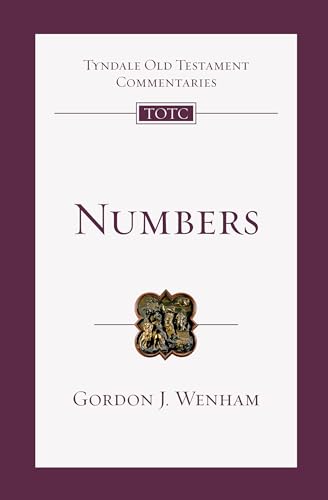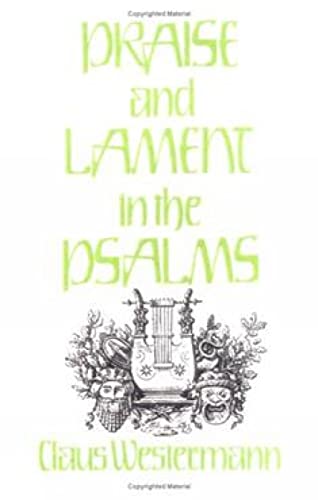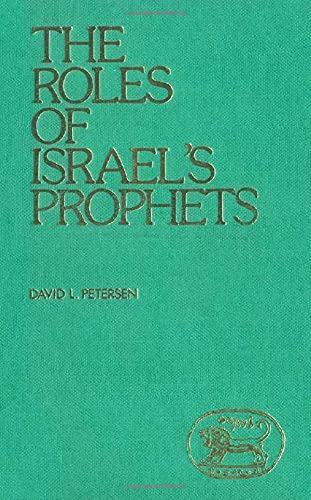Creed and Personal Identity. The Meaning of the Apostles’ Creed
Written by David Baily Harned Reviewed By John WebsterOne of the most encouraging features of the current theological scene is the growing number of imaginative re-statements of some of the foundational aspects of credal orthodoxy. Of this trend, Harned’s exposition of the Apostles’ Creed is a recent and outstanding example. Elegantly and sensitively written, it is difficult but not obscure, and never dull. As such, it provides the reader with a great deal of matter for reflection.
Harned works with a couple of basic convictions. The first is that the creed offers, not simply a summary of Christian doctrinal commitments, but rather an identity-description of the people of God. That is, it is through the creed that the individual Christian’s sense of personal identity and the Christian community’s sense of corporate identity are formed. The creed recites who the Christian in the church is, who he has becomethrough the grace of God in Christ. His second conviction is that the creed is that essentially narrative in form, that it is concerned not so much with ideas as with deeds, and above all with the particular human life of Jesus. Image and story are to be preferred to concept and proposition.
From this basis, the author treats the credal articles in turn, seeking to show how the Christian’s sense of selfhood is given by attention to the objective verities of which the creed speaks. Perhaps the most impressive section here is that treating the Christological article, where the author’s approach is especially well suited to the material. But throughout the study I found myself pausing frequently to ponder an especially striking phrase or paragraph.
It is, however, the main lines of Harned’s approach which should stimulate most discussion. Perhaps two comments may guide the thinking of prospective readers.
First, the author should cause us to think hard and long about the relation of ‘objective’ truth to ‘subjective’ human situations. He is firm in the conviction that the creed’s avowal of identity is more significant than its articulation of a belief-system. But he is equally firmly convinced that the Christian’s identity is formed by what is other than his selfhood: by the objective reality of God. Harned shows, in other words, that to say that the truths of the creed relate to our self-identity is not to reduce all talk of God to talk of our self-understanding. Indeed, his work is an example of how Christian affirmations must bite into the structures of human life if they are to have real meaning.
Second, the book should cause us to consider the role of the propositional and argumentative in Christian theology. Such forms have nearly always held the ascendency in theological work, whereas Harned feels them to be derivative and secondary in comparison with the images and stories presented in the creed. This, indeed, may well be the book’s weakness: positions tend to be stated with imagination rather than argued for (the section on the Fatherhood of God as a ‘master image’ is an example here). Yet this is also precisely its strength: it is an example of the kind of theology which might result from questioning the hegemony of rationalism which has so blighted theology, especially of the orthodox kind.
Harned’s book is not for the beginner: it assumes familiarity with some fairly complex conceptuality and vocabulary, and refers implicitly to scholarly literature on matters of literary theory and identity-description which few students will have under their belts. But: read simply as a reflection upon the meaning of the creed for Christian existence in the world, it is a splendid book.
John Webster
Wycliffe College, Toronto







